With our events we aim to inspire and energize you, so we can make the necessary steps to a sustainable industry.
NAP Contact meeting
NAP is a network of companies in the process industry and aims to strengthen the value chain, consisting of plant owners, engineering firms and suppliers.
3st International Conference on Cellulose Fibres
New International Conference on Cellulose Fibres, the fastest growing fibre group in textiles, the largest investment sector in the bio-based economy and the solution for avoiding microplastics.
3rd Combined Energy Conference 2020
The Netherlands Enterprise Agency (RVO.nl) and the EnergyAgency NRW from North Rhine-Westphalia organize the 3rd Combined Energy Conference on 29 January 2020 in Arnhem (NL). The 2020 Conference is aiming...

External event
Nordic Wood Biorefinery Conference 2022 (NWBC)
NWBC is about the latest in biorefinery separation, conversion processes and bio-based products from the wood biorefinery.
Looking back: building a sustainable future in 2019
It is obvious that 2019 has been an impactful year. Not only for the sustainable process industry, but also throughout society, in the Netherlands and beyond. Below we briefly illustrate some...

Redesigning our food industry with sustainable process technology
In our program Drying and Dewatering we focus on one of the most important process steps in the food industry: drying.
European Industry & Energy Summit 2019
The summit strives to foster ideas, technology, plans & projects to address this challenge by bringing together all relevant parties and expertise from around Europe.
Sustainability in Movement
Springtij and ABN AMBRO are organizing one free training day (in Dutch) from Youfacilitate in directly applicable methods and techniques to create more change and work together smarter.
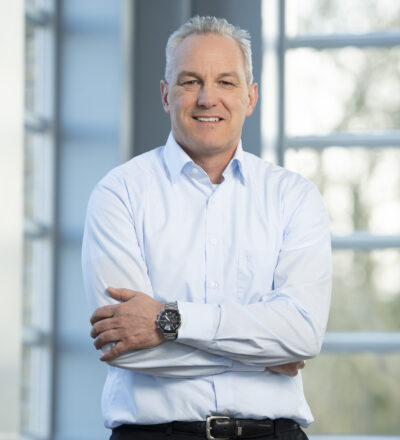
Ronald Korstanje
Program Director (Circular Plastics)
VIRTUAL ENERGY TRANSITION WORLD FORUM
this virtual event allows attendees to learn from and network with a truly international delegation focused on investment opportunities in renewables and the energy transition. In 2020, the Forum bought...
Circulaire Industrie 2021
Dutch event on circular industry, organised by Management Producties.
ISPT event
ISPT Conference 2019
How can we implement a circular industry in all sectors? The ISPT Conference is the annual gathering of the ISPT network. This year’s theme is circularity, a booming term in...
Towards a circular economy: the challenge of connecting technology and logistics
The re-use of our materials is essential for a sustainable future. To achieve circularity we need to integrate the whole value chain of waste collection, sorting, recycling and re-use. A...
The road to a green industry: sustainable innovations in our production processes
This is the second blog on how industry is establishing a sustainable future. The first blog introduced the role of industry in several themes which are currently most visible in...
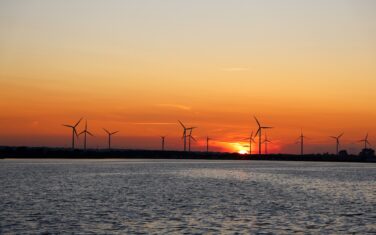
How the industry plays a crucial role in establishing a sustainable future
What if we don't see the industry as a big bad polluter, but as an indispensable partner in building a green future?

Fine Biofuels: efficient application for low-value biomass streams
Thewse are the resultas of the Fine Biofuels-project.
A match made in heaven? Workshops series ZERO BRINE matchmaking have started
The ZERO BRINE project is organizing a series of workshops that addresses water re-use and brine stream valorization. The series are aimed at matching brine producers with users of regenerated...
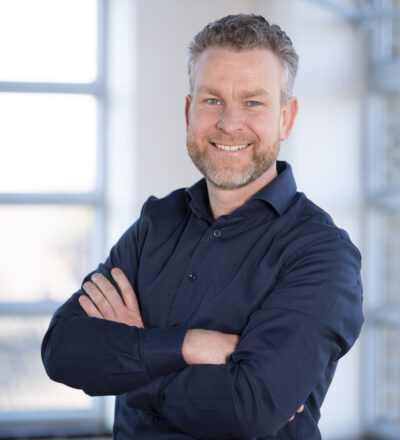
Geoffrey Schouten
Program Manager (Circular Plastics, Tekenkamer van de Industrie)
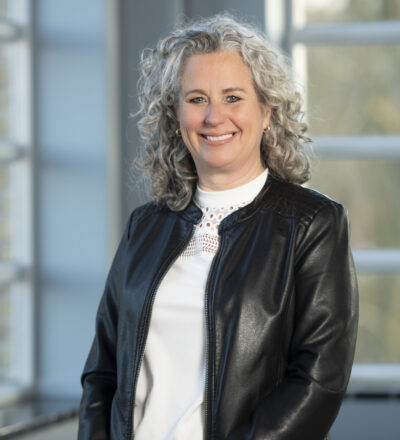
Klaartje Rietkerken
Co-Director of Stichting S-ISPT

Annita Westenbroek
Program Director (Heat)
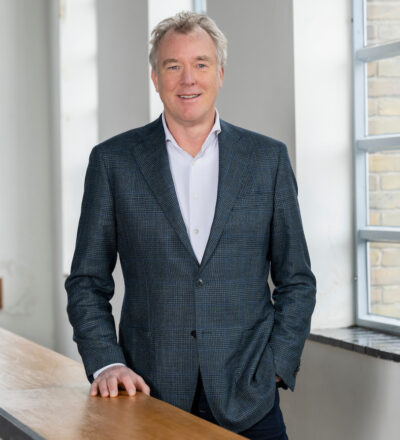
Tjeerd Jongsma
Managing Director
Steel2Chemicals: paving the road for reducing millions of tons of CO2 emission
The steel industry has traditionally been a big contributor to global CO2 emissions, but current developments indicate that this may become a thing of the past. Our new system integration...
How best to treat industrial salt waste streams innovatively and economically
The ORPHEUS project compares membrane distillation and freeze-concentration Currently the process industry generates a significant amount of wastewater. These streams often contain (traces of) organic components in addition to salts....
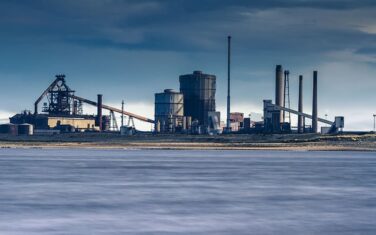
The Dutch climate agreement on industry
The Dutch climate agreement was presented on June 28, 2019. The Netherlands is committed to a pioneering role within the European Union and beyond. We are not going to do...